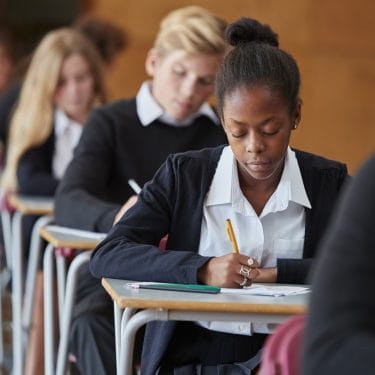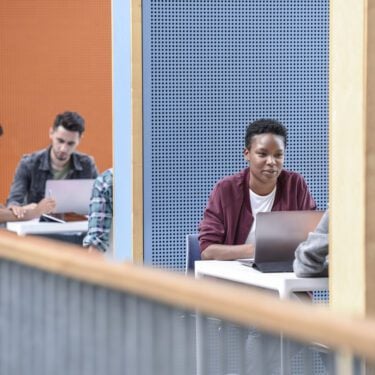
By Nuffield Foundation
12/04/11
2 min read
The Nuffield Foundation has submitted its response to the Government’s Review of the National Curriculum.
The Foundation is committed to improving mathematics and science education for all. This includes fostering increased participation and achievement by supporting pathways appropriate for learners’ current and future needs.
Summary of recommendations
- Mathematical content specified in the National Curriculum should contain a balance of concepts and processes.
- Science content specified in the National Curriculum should contain a balance of scientific concepts and processes. It should also specify practical work in terms of the essential understanding and competencies which need to be demonstrated by pupils.
- Design and Technology should be given due prominence in the National Curriculum to ensure that pupils experience this important aspect of their STEM education.
- The importance of modern languages for the UK should be reflected in the current review of the curriculum.
- The review should draw on the research on Twenty First Century Science (a GCSE curriculum project developed by the Nuffield Foundation and the University of York) as a model for GCSE pathways and content. In particular, the curriculum review should consider how the curriculum for science can fulfil the diverse needs of the full range of pupils.
- The curriculum review should ensure the continuation and development of the applied science route and its progression pathways.
- The National Curriculum should define a minimal core, but leave plenty of potential for a range of additional content.
- A range of approaches for the different needs of pupils should be provided in the 14-19 science and mathematics pathways.
- Summative and formative assessment should be considered as the content of the curriculum is reviewed. Assessment should be designed to drive teaching and learning through inquiry, practical work and discussion, which are essential to science and mathematics education.
- The UK curriculum needs to align itself with future developments rather than looking back. The curriculum review should consider carefully the directions that are emerging from the plans for future PISA tests to ensure that UK does not fall behind in international comparisons as a result of moving the mathematics and science curricula in a different direction.
- The curriculum review should consult widely with the educational research communities to ensure a curriculum based on a sound, evidence based educational framework.
- We recommend the review takes the opportunity to coordinate the curriculum and highlight cross-curricular links to allow related subjects to support and reinforce each other.
- The Review should consider carefully the transition to the new National Curriculum. Existing organisations such as the National Network of Science Learning Centres and HEIs which engage with schools should continue to be supported to provide a continuing programme of teacher professional development.
The current call for evidence ends on 14 April. The Department for Education is expected to publish phase one recommendations, including new Programmes of Study for English, mathematics, science, and physical education, in early 2012. A full timetable is available on the Department for Education website.























































